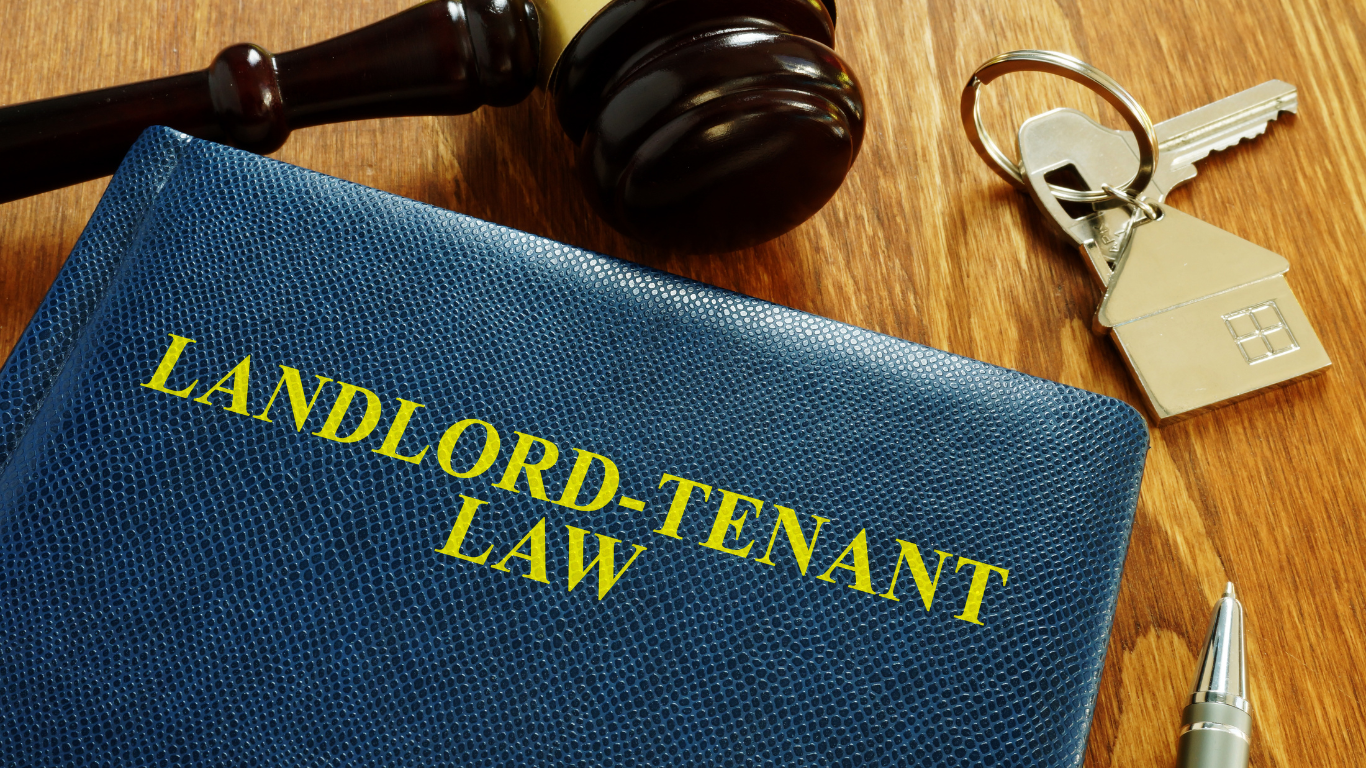Prop 33, Los Angeles, Santa Monica
Proposition 33: Expanding Rent Control or Constraining Housing?
What is Proposition 33?
Proposition 33 is a ballot measure in California that aims to repeal the Costa-Hawkins Rental Housing Act of 1995. Costa-Hawkins limits rent control by exempting single-family homes, condos, and newly constructed buildings (post-1995) from such regulations. It also allows landlords to set market rates for rental units once vacant, a practice known as vacancy decontrol.
What Would Change if Proposition 33 Passes?
If voters approve Proposition 33, cities and counties across California could extend rent control to current exempt properties, such as newer apartment buildings, single-family homes, and condos.
This change could enable local governments to impose rent caps even on vacant units, which would restrict landlords' ability to increase rents significantly when a tenant moves out.
How will Proposition 33 limit my ability to raise rents between tenants, and what does that mean for my expected rental income?
If you’re a property owner in Santa Monica or Los Angeles with vacant units undergoing renovation, you might be concerned about the impact of Proposition 33. If passed, it would place a cap on rent increases between tenancies. For example, if a previous tenant was paying $1,000 and you plan to rent at the market rate of $3,000, the new law could limit how much you can raise that rent. This means you may not be able to reach current market rent levels if the units were previously rented at lower rates.
How could restricted rent increases impact the long-term profitability of my rental property?
Proposition 33 could negatively impact the profitability of your income property. When tenants move out, renovating and resetting rent to market rates often boosts income and increases the property’s value. Limiting these adjustments under Proposition 33 could cap rental income, lower cap rates, and reduce the building’s market value, which would be less robust, making it less attractive to investors.
What effect could Proposition 33 have on the market value of rental properties?
Property values—and your retirement—could suffer as expanded tenant protections under Proposition 33 reduce landlords' leverage. This could lower property values. With limited ability to adjust rents and maintain a steady income, landlords may face reduced returns and might look for investment opportunities outside of California.
How could expanded rent control under Proposition 33 affect California's real estate investors and landlords?
Proposition 33's return of vacancy control could hit small landlords, especially mom-and-pop owners, the hardest. The stricter regulations may limit their ability to cover rising maintenance and operating costs, leading some to label it a “bankruptcy bill” for these property owners.
How could rent control impact the housing supply?
While rent control may help current tenants, it can discourage developers from building new housing due to reduced profitability. This could lead to a decreased supply of new homes, making it harder to find affordable housing in the long term and potentially driving rents higher in unregulated areas.
Does Proposition 33 address the root cause of California's housing crisis?
The core issue is a need for more housing supply. Proposition 33 doesn’t increase the number of homes; it expands rent control measures instead. Critics argue that this could further hinder new construction, making building the housing needed to ease the crisis harder.
Supporters' Perspective: Addressing the Housing Crisis
Proponents of Proposition 33 argue it's essential for addressing California’s affordable housing crisis. They believe giving cities more control over rent regulations can stabilize rents and provide relief to the tenants. Supporters also claim it allows local governments to create policies tailored to community needs while ensuring landlords can still earn a fair return.
Opponents' Concerns: Unintended Consequences
Opponents warn that Proposition 33 could have unintended consequences that might exacerbate the housing crisis. They argue that extending rent control could discourage investment in new housing developments, both market-rate and affordable, as stricter regulations could make such projects less profitable. This could slow down housing construction, further limiting California's already scarce housing supply. Other unintended consequences: Investing in real estate in California may yield lower returns compared to more landlord-friendly states, potentially driving investors elsewhere. Strict rent control measures could make the market less attractive, reducing profitability and discouraging new investments. This shift could lead investors to seek opportunities in states with fewer regulatory constraints and better returns.
Conclusion:
Proposition 33 represents a pivotal moment for California’s rental market, potentially reshaping rent control laws and impacting property owners, tenants, and investors. While supporters see it as a necessary step to protect renters and address the affordable housing crisis, opponents argue it could deter new development, reduce property values, and place financial strain on small landlords. As voters weigh these factors, the outcome of Proposition 33 could have long-lasting effects on the state’s real estate market and housing landscape.
If you own multifamily properties in Los Angeles or Santa Monica and have questions about how this might impact you or are considering selling, we’re here to help. Please feel free to contact us.
